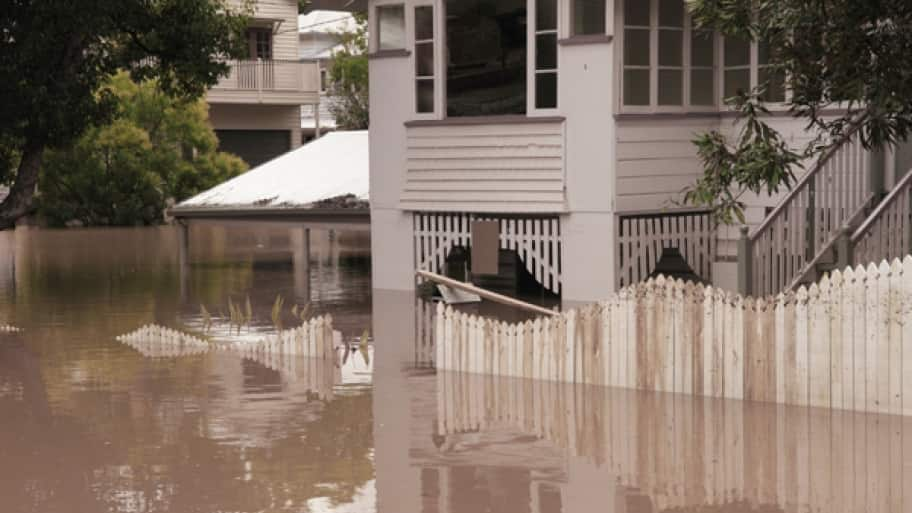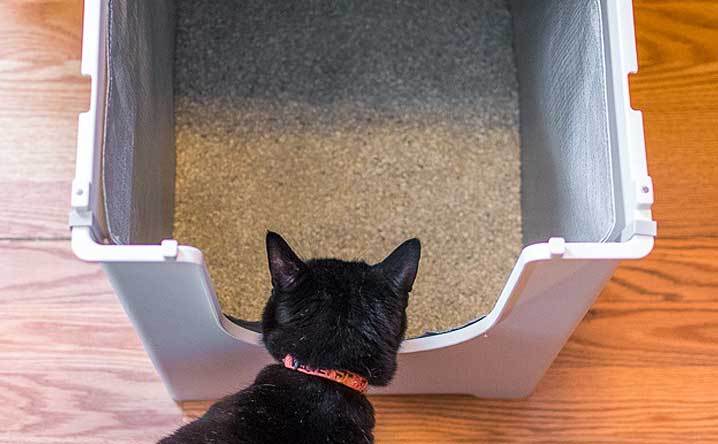Worried about bad weather and other elements that damage your basement? Read these 7 tips on how to keep a safe basement!
If you own a basement, you want to make sure that you can keep it safe and dry in every season.
The reality is that the basement can be affected by seasonal changes and extreme weather conditions that can severely damage your basement and the items it contains. This can include valuable items and supplies that cannot be replaced.
In this article we will guide you through the 7 most important tips that will help you protect and preserve a safe basement, regardless of the seasons!
Read on to learn more about protecting your basement!
- Get your basement waterproof!
Heavy rain, Snow or hail can be an unnecessary fact in the fall and winter months. If you are in an area that is exposed to these weather conditions, you should think about waterproofing your basement.
Use of reputable cellar waterproofing company This is the best and safest way to ensure that your basement doesn’t suffer from flooding and heavy rain damage.
This is not a job you should do yourself. This must be done by a specialist who can perform a complete and robust sealing of your entire basement area.
- Sort your lawn course
If you have a plot of land with a garden, you may not be using it properly to avoid rainwater and flooding.
Use your lawn as a slope or a slight slope to direct the rainwater away from the house.
Examine your property and lawn and see if your lawn gradient directs the water away from your property. If not, you can use a Landscape gardener or do it yourself to make sure your lawn helps and does not interfere with your flooding problems.
- Use heavier mulch
Use a heavier topsoil component for your garden and landscape, e.g. B. rotting leaves or bark. This improves general soil moisture and thereby absorbs more rainwater in your garden.
This means that your garden bears the brunt of heavy rain or weather and protects your basement from flooding.
- Clean your gutters regularly
A real problem that can lead to basement flooding is the inconsistent maintenance and cleaning of your preventive measures.
Gutters collect leaves and debris in different seasons, especially in the fall season when the leaves begin to fall from the trees.
You need to make sure your gutters are clear and free of dirt so that rainwater can get through the gutters and away from the house. Blockages or deposits can cause water to fall directly onto your foundation, increasing the likelihood of flooding.
- Rethink your decking
Decking can be a great addition to your home, but it can contribute to an environment where flooding can occur.
This is due to the removal of areas of grass or flower beds that allow water and heavy rain to be absorbed from the floor and away from your house.
With the deck, this prevents absorption, the rainwater can’t go anywhere and can accumulate in one place and cause flooding.
It is important that the way your garden is laid out has a significant impact on how your property absorbs rainwater if you are concerned about flooding your basement.
If you have too much covering or slab, the rainwater cannot take up much surface from the grass. Think about the positioning of your garden materials and how rainwater can drain off your property.
- Expand your downpipes
Gutters are useful to divert waterfalls, but they may not be enough to prevent your property and basement from being flooded.
Take a look at the downpipes of your property. They may need to be replaced or expanded. If you extend your downpipes away from your property, the water will not run into your foundations and may flood your basement.
Add more material and make sure the water runs out of the spout further from the perimeter of your property. Make sure that the river is directed to all grass areas of your house so that the water can be properly absorbed.
If the spout is directed at decking boards or slabs, this also leads to water accumulation and has a higher potential for flooding.
- Install a sump pump
A sump pump can be an excellent way to remove excess water. Installing a sump pump in your basement is an excellent preventative measure to stop flooding.
It acts as a floor drain to stop the accumulation of water in your basement and suck it out of the surrounding foundation. If there is a problem with your sump pump, you can also use a spare pump if your first one fails or doesn’t work.
A sump pump is ideal for stopping medium water retention in your basement and can calm you down when water gets in.
Having a safe basement: where can I find out more?
We hope you enjoyed this article about keeping a safe basement regardless of weather conditions and seasons!
It is important to make these tiny adjustments to your house to make sure your basement is protected and protected from flooding.
However, you can take preventive measures like sealing your basement and sump pumps to really give your basement a chance to fight the elements!
If you liked this article, take a look at some of our other articles on home interior design. We are sure that you will find them of interest!
 TopsDecor.com Home Decor Ideas
TopsDecor.com Home Decor Ideas






